March 14, 2024
When the chairs took over the world and what it all meant
 Of all the things we buy, with the exception of our clothes, furniture is the most intimate, the one item we spend most time in contact with. According to JG Ballard who dedicated himself to understanding our relationship with the world around us, ‘Furniture constitutes an external constellation of our skin areas and body postures’. Whether he would have recognised it as such, Ballard was a pioneer of the principle we now refer to as psychogeography, defined by one of its founders, Guy Debord, as ‘the study of the precise effects of setting, consciously managed or not, acting directly on the mood and behaviour of the individual’. (more…)
Of all the things we buy, with the exception of our clothes, furniture is the most intimate, the one item we spend most time in contact with. According to JG Ballard who dedicated himself to understanding our relationship with the world around us, ‘Furniture constitutes an external constellation of our skin areas and body postures’. Whether he would have recognised it as such, Ballard was a pioneer of the principle we now refer to as psychogeography, defined by one of its founders, Guy Debord, as ‘the study of the precise effects of setting, consciously managed or not, acting directly on the mood and behaviour of the individual’. (more…)





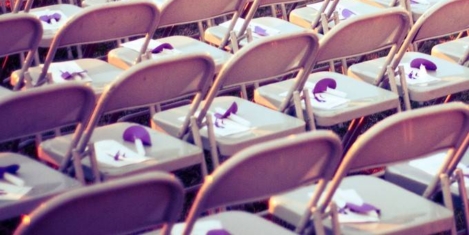
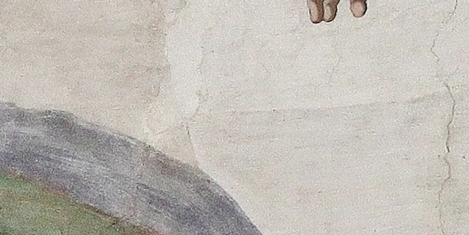

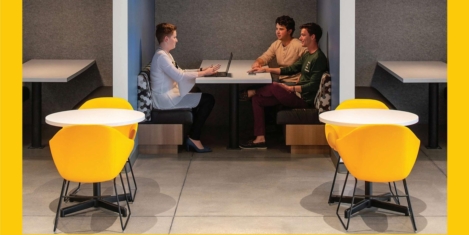
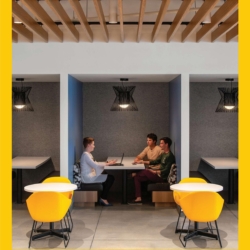
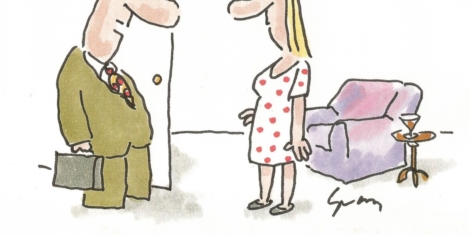
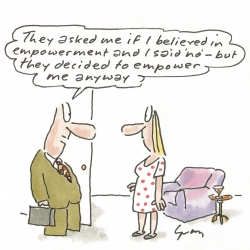
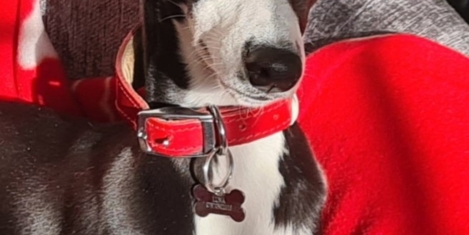

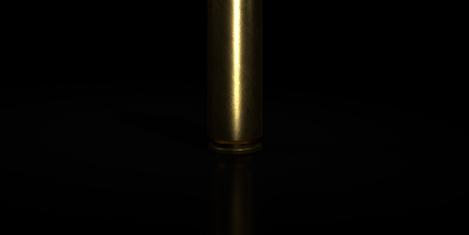
 For years it has been evident that there is no ‘future of work’. There is only a journey with no destination and no single way of not getting to it. That hasn’t stopped people talking about it all endlessly. And each time they have, I’ve reached for my pistol.
For years it has been evident that there is no ‘future of work’. There is only a journey with no destination and no single way of not getting to it. That hasn’t stopped people talking about it all endlessly. And each time they have, I’ve reached for my pistol. 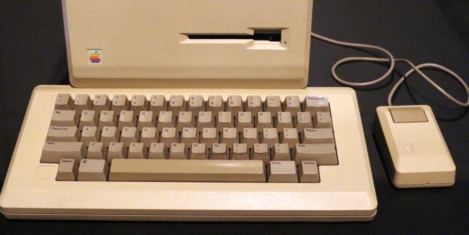
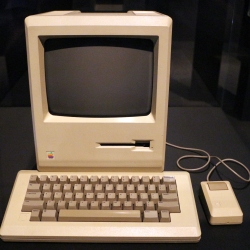
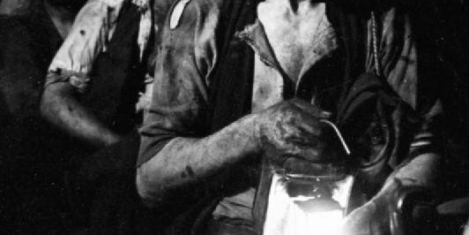
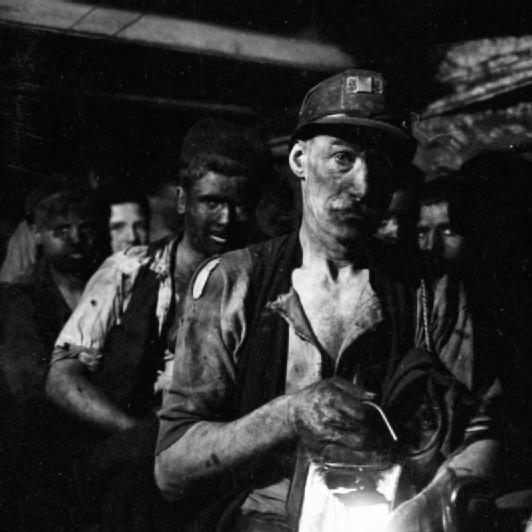
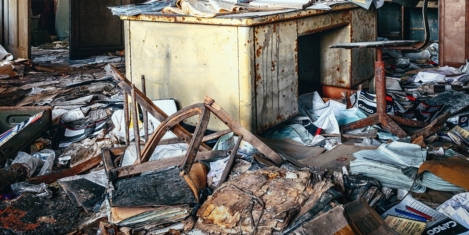
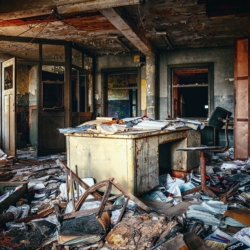
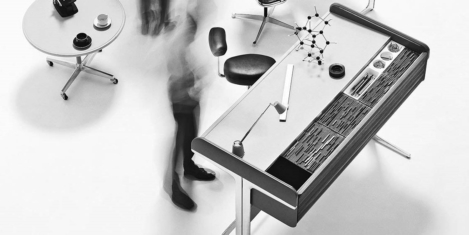
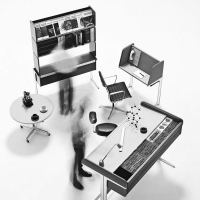





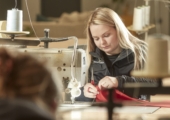




March 14, 2024
Our false memory of work in 2019 is stopping us from having better conversations
by Mark Eltringham • Comment, Workplace